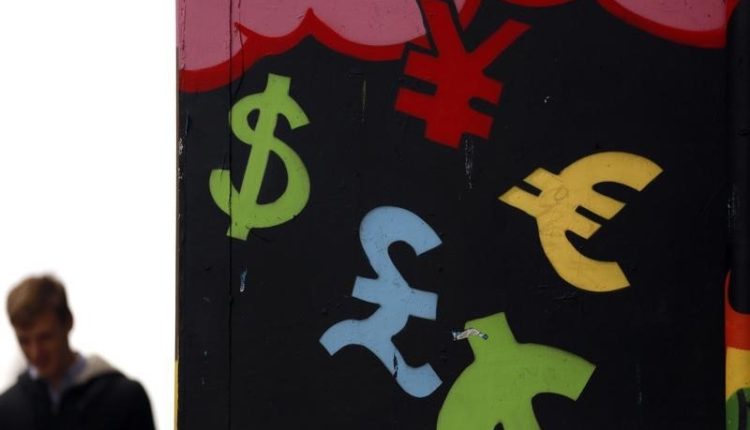Tech, central bank support boost FX volumes, panel says
SINGAPORE/LONDON (Reuters) – Foreign exchange volumes have surged during the coronavirus pandemic instead of stalling as they usually do during a crisis, thanks to technological improvements and central bank and government intervention, a central bank panel said on Tuesday.
Turnover for the $6.6 trillion a day FX markets is difficult to quantify, but data from some of the world’s top trading and settlement platforms, including Refinitiv and CLS, showed volumes hit a record in March.
“We saw a lot of rebalancing flows, which contributed to a large pickup in volume as volatility increased,” said Guy Debelle, chairman of the Global Foreign Exchange Committee, a panel that monitors developments in the FX markets.
“Whereas in ’08 liquidity was sparse and transaction volumes were very low, in March this year, whilst it wasn’t great, the volumes going through the system were some of the largest we’ve seen,” Debelle, who is also the deputy governor of the Reserve Bank of Australia, said in a call.
Neill Penney, managing director of data provider Refinitiv, said customer volumes rose by half in March and inter-dealer volumes more than doubled.
“Comparing to previous crises, the investment the industry has made in automation and risk management has really paid off, in terms of letting the market as a whole continue to function,” he said.
March saw volatility soaring to multi-year highs as investors panicked over the impact of the coronavirus in an environment where traders had to work from remote locations.
Akira Hoshino, head of FX at Citi in Tokyo, said March turnover doubled from February, but that was not unprecedented, and that volatility fell almost as fast as it rose thanks to central bank liquidity.
In 2008, it took more than a year for volatility to fall by half – something which has already happened in the three months since March. A Deutsche Bank (DE:DBKGn) FX volatility index is trading below 8%, more than halving from a peak of over 16%.
“Timely and decisive central bank and government action – this is the key to stop markets collapsing,” Hoshino said. “Without these actions, we may have seen more collapsing markets, but it’s not happening.”
Refinitiv’s Penney noted adoption of algorithmic trading in the FX markets rose during the crisis.
While in aggregate, only 56% of the overall market is traded electronically, the share is much higher in some products, like spot trading, where the market share is nearly 90%. Some other products, such as FX forwards, are also catching up.

